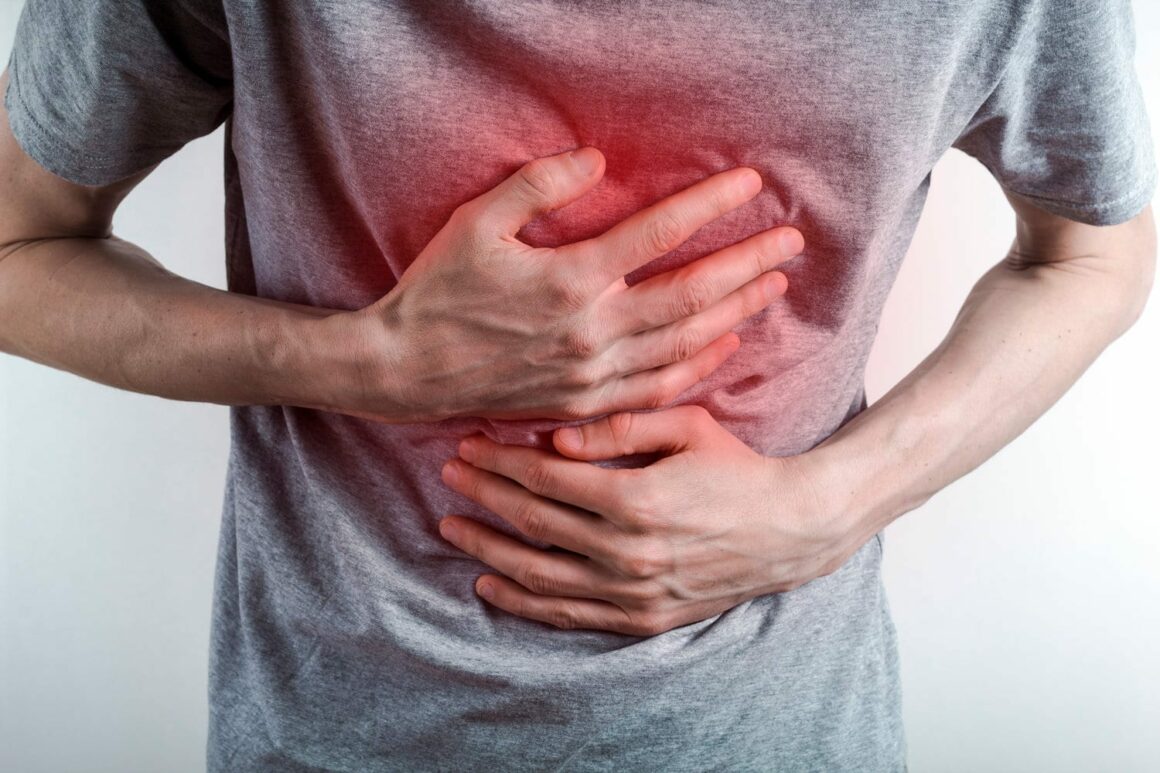|
|
Nexium, Prilosec and other so-called “proton-pump inhibitor” anti-heartburn drugs, or PPIs, do more than tame that chili dog you had for lunch. Long-term use can cause cardiovascular disease, kidney disease, and cancer in the upper digestive tract, according to a study from Washington University’s medical school.
The study looked at about 210,000 US military veterans and was able to correlate specific illnesses and causes of death to these drugs after weeding out other potential factors.
PPIs work by turning off digestive acids, leaving food to molder in the stomach. That’s one reason why constipation is a common side effect.
Proton-pump inhibitor drugs are prescribed to about 15 million Americans and millions more buy over-the-counter versions of equivalent strength. Label directions caution that the medications are only for temporary or occasional use but other studies indicate that users often don’t read or follow those instructions.
The Washington University study found that, for PPI users, the rate of death from these causes was about 17 percent greater than among regular users of anti-heartburn drugs called H2 blockers, such as Pepcid and Zantac, which shut down the stomach’s production of histamine. But H2 blockers aren’t as strong as PPIs.
TRENDPOST
The drastic side effects of common drugs, together with a greater public interest in “natural” medicine and a recognition of the intimate links between diet and wellness, will gradually shift our cultural mindset away from drugs as the first line of treatment for even mild ailments. As Millennials and younger generations mature, pharmaceuticals will no longer be seen as a lifestyle accompaniment but instead as an extreme measure to be taken when more benign remedies fail.

